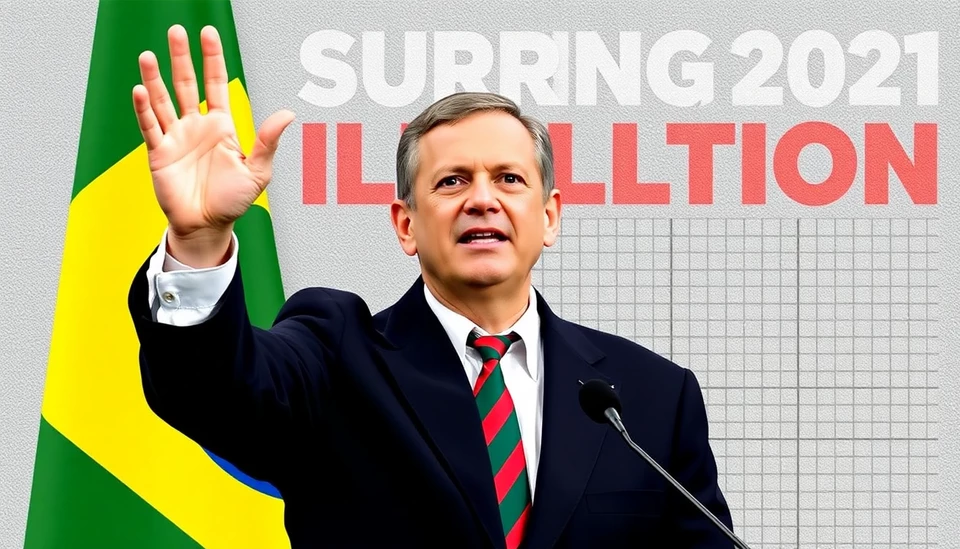
In a notable shift within Brazil's economic forecast, financial analysts have started increasing their expectations for interest rates, following disappointing outcomes from the government's proposed spending cuts. Recent reports indicate that the measures aimed at curbing expenditure have not met the anticipated results, leading to concerns about the country’s economic health and stability.
The Brazilian government had promised significant fiscal reforms, expecting that these would pave the way for lower interest rates and invigorate the economy. However, the latest assessments suggest that the execution of these reforms has been less effective than initially projected. As the budgetary issues persist, analysts are growing wary, fearing that the government's inability to solidify its fiscal strategy could compel the central bank to maintain higher interest rates for a prolonged period.
Economic analysts now prognosticate that the benchmark Selic rate may require upward adjustments, thereby impacting various sectors including consumer spending and investment. The anticipated rise in interest rates is seen as a detrimental factor to Brazil’s recovery trajectory post-pandemic, as higher borrowing costs could dampen both public and private sector financial activities.
In a market already grappling with inflationary pressures, the struggle to implement effective spending cuts creates a complex landscape for policymakers. With the current economic inflation rate standing at a concerning level, the pressure mounts on the government to find a balance between maintaining essential public services and reducing fiscal deficits.
The outlook for Brazil’s economy is further complicated by external factors including global economic fluctuations and policy changes in influential economies. Analysts are recommending a more prudent approach moving forward, urging the government to prioritize transparency and clarity in its fiscal planning. Both investors and consumers are keenly observing these developments, as further policy missteps could lead to significant volatility in Brazil's economic environment.
The central bank's next steps will be critical. As market dynamics evolve, stakeholders are anticipating clearer signals regarding interest rate adjustments, which are pivotal for shaping economic confidence moving into 2025. The coming weeks will be telling, as analysts await indications from policymakers about future fiscal measures and their economic implications.
In summary, as Brazil grapples with internal budgetary shortfalls and inconsistent government strategies, analysts have begun recalibrating their interest rate expectations, a move that could potentially reverberate across various sectors in the economy. A carefully considered approach to fiscal discipline will be essential in steering Brazil towards a more stable financial future.
#Brazil #InterestRates #EconomicForecast #Finance #FiscalReform #Inflation #MarketAnalysis
Author: Daniel Foster




